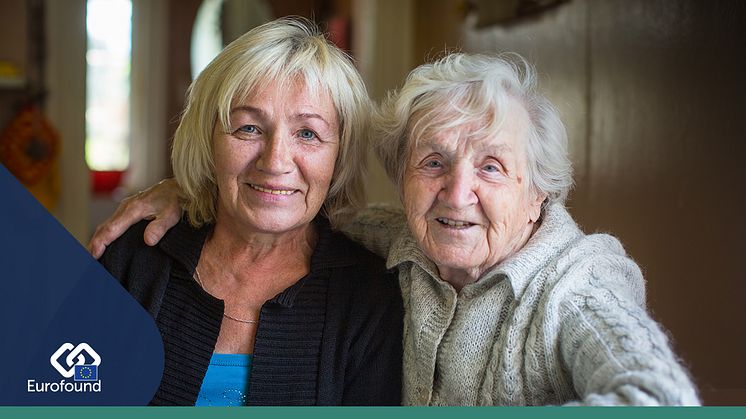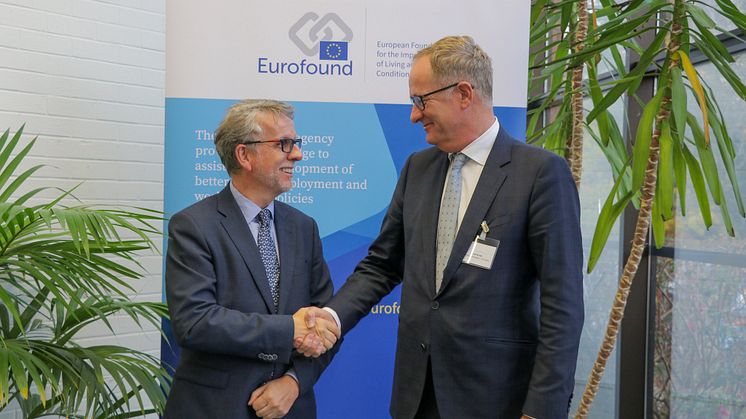Eurofound publishes updated, standardised minimum wage data for 2021
Eurofound has published updated monthly comparable data, converted to euro and standardised across 12 months, for 21 EU Member States and the United Kingdom for 2021

Eurofound has published updated monthly comparable data, converted to euro and standardised across 12 months, for 21 EU Member States and the United Kingdom for 2021

The employment toll of COVID-19 has been stark in Europe, and it could have been even greater had it not been for the adoption of unprecedented assistance measures in all Member States, supported by the European Union. But have these policies benefited different groups in the labour market equally, or have they cemented existing inequalities in access to support?

Nominal statutory minimum wages in most Member States and the UK continued to rise in 2021. With inflation being low, this has resulted in real increases for those minimum wage workers who have managed to retain their jobs and the same working hours.

The employment fallout of COVID-19 has been a story of two types of service work. Office-based knowledge workers have largely kept their jobs and incomes while working from home; whereas client-facing service workers have borne the brunt of the lockdowns and the steep declines in demand for in-person services in restaurants, hotels, leisure and the arts.

Healthcare providers have been overwhelmed by the demand for COVID-19-related care. Medical appointments and treatments for other conditions have often been delayed, potentially leading to escalating health problems and greater future care needs among those who have missed out. If the pandemic leads to an economic crash, this rise in unmet medical needs could spiral.

In the most successful businesses, managers were found to facilitate employees to work independently rather than to focus on controlling whether they carried out their tasks. Closely monitoring employee behaviour might indeed ensure that workers do their job but is unlikely to motivate them to go beyond their job description.

Standard employment is not simply being replaced by non-standard work; employment is becoming more diverse, and policy must accordingly become more tailored.

Stefan Gran has been elected Chair of Eurofound’s Management Board during the third meeting of the Board on 6 November 2020. He takes over from outgoing chair Aviana Bulgarelli, Ministry of Labour and Social Policies (Ministero del Lavoro, della Salute), Italy.

Eurofound’s new flagship report ‘Challenges and prospects in the EU: Industrial relations Developments 2015-2019’ provides an overview of developments in industrial relations and social dialogue in recent years, prior to the COVID-19 outbreak.

Eurofound has focused on Europe's immediate social, economic and labour market priorities and its developing role over the coming four years with the publication of its Programming document 2021-2024.

An ageing Europe and rising public expenditure on long-term care have signalled for some time that the fundamentals of care provision need to be addressed. However, the shocking death toll in care homes during the COVID-19 pandemic and the fact that many long-term care services were ill-equipped to protect their vulnerable users have lately focused the public mind on the issue.

At the end of his term as Executive Director on 30 November 2020, we engaged in a socially distant interview with Juan Menéndez-Valdés to review the last decade, his thoughts on Europe and his hopes for Eurofound.
